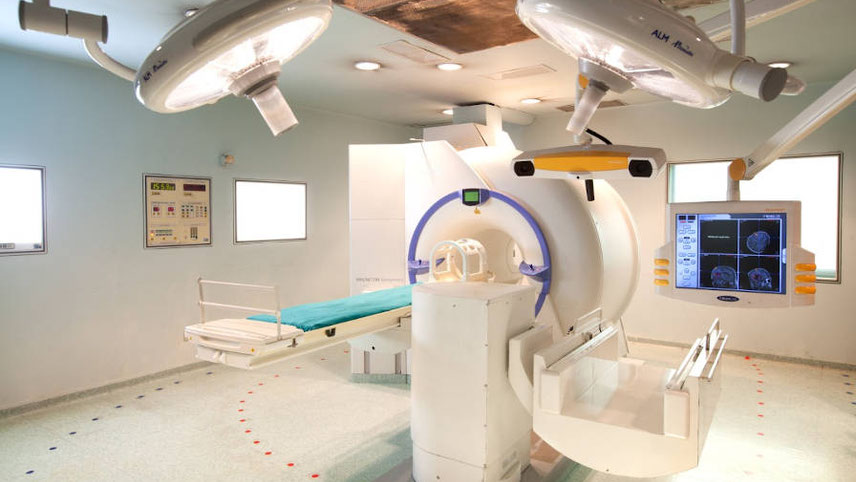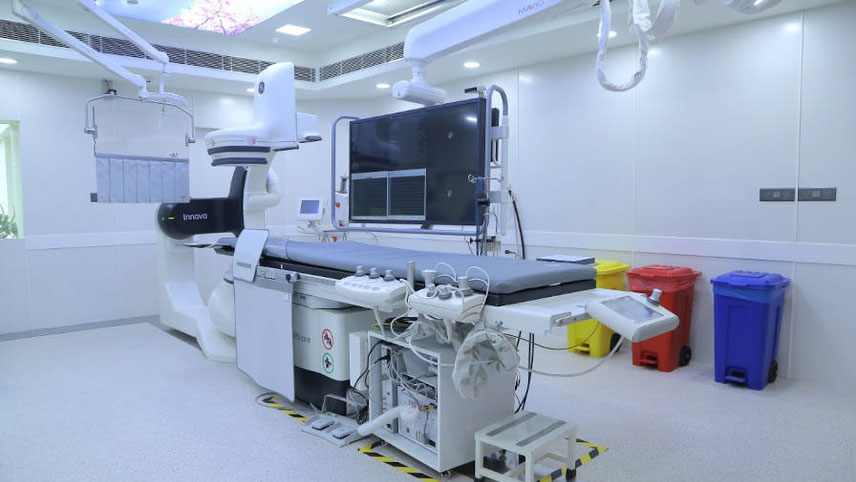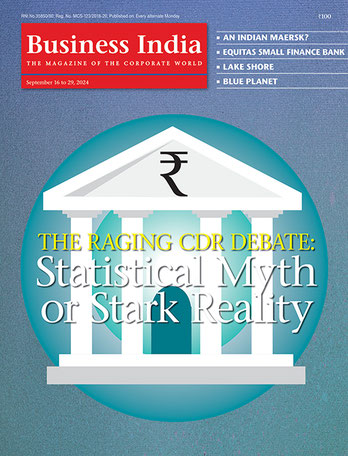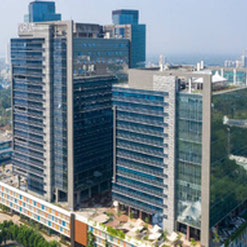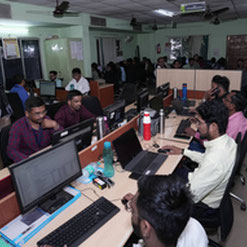Max Healthcare Institute, which was listed on the stock exchanges as recently as last August, has finalised aggressive expansion plans for the next four-to-six quarters and raised a war chest of Rs1,200 crore through a QIP (qualified institutional placement). For the QIP, the company made a fresh issue of 61.4 million shares at a price of Rs195.40, which is slightly higher than the SEBI-sanctioned floor price of Rs190. This closely matched the prevailing share price during the period of 4-9 March, when the issue was kept open. The share price in mid-March is hovering around Rs200, which is almost double of the listing price of Rs107. Of the freshly issued shares, 43.6 per cent was allotted to foreign institutional investors, while domestic investors, including mutual funds and others, subscribed to the remaining 56.4 per cent. After the issue, the subscribed equity share capital of Max Healthcare stands at 965.4 million shares of face value of Rs10, of which, about 29.54 per cent would constitute the public holding. As per BSE records of December 2020, Abhay Soi and his family owns about 210.7 million shares (23.30 per cent) and KKR group (through Kayak Investments) holds 469.8 million shares (51.94 per cent), while 24.8 per cent was with the public. Going by the current share price, the market cap of the company stood at about Rs20,000 crore, of which slightly below 30 per cent would be the free float. According to top management sources, the funds obtained through the QIP issue would largely be utilised for the expansion of bed capacity, retirement of some amount of debt and other miscellaneous requirements. At one level, the Max Health management has plans to add a sizeable number of beds to its existing hospitals in the Delhi-NCR region as well as Western India. The company owns large land banks in the vicinity of its existing hospitals in Delhi-NCR (7.2 acres in Saket) and in Mumbai (3.9 acres). This offers the company the capability to add up to 2,100 beds in these premises. In the near future, it intends to utilise this to build about 650 beds in Delhi (with provisions to hike the capacity up to 900 beds). In the initial phase, of course, only 350 beds would be operational, while the rest would be built up and made ready soon. Similarly, the stage is set for an additional 500 beds in their Mumbai property, of which again 152 beds would start functioning in the initial stage. Clear strategy It is also open to acquisitions of large super-specialty hospitals in major cities in northern and western India. According to the company’s stated approach, they would be interested in hospitals of 400-500 beds in towns, where they are not already present. However, in Mumbai and the NCR, where Max Healthcare is an established brand, they are willing to consider taking over medical institutions of 250-300 beds as well. “We would look at Maharashtra for sure,” Soi told Business India in an e-mail interview. One can thus anticipate acquisitions in the burgeoning Mumbai suburbs such as Thane, or even a presence in Pune, the second biggest urban conglomerate in the state. When these plans are implemented, the total bed strength of the network would grow from 3,371 at the end of 2019-20 to 5,456 at the end of two years. Of these, 385 additional beds would be created through extension in BLK Super-specialty Hospital, Max Hospital in Shalimar Bagh (Delhi) and Mohali. Assuming an investment of Rs1.3 crore per bed in the brown-field projects, and ARPOB (average revenues per occupied bed) of Rs50,000 per day, the recovery of the investments should be faster than the industry standards. Going forward, as the hospitals complete five years of presence in the market, the ARPOB may be expected to increase to Rs64,-73,000 per day. By comparison, the ARPOB of the Apollo Hospitals group stood at Rs37,400 as of November 2020.
-

Soi: looking at metro-centric opportunities









